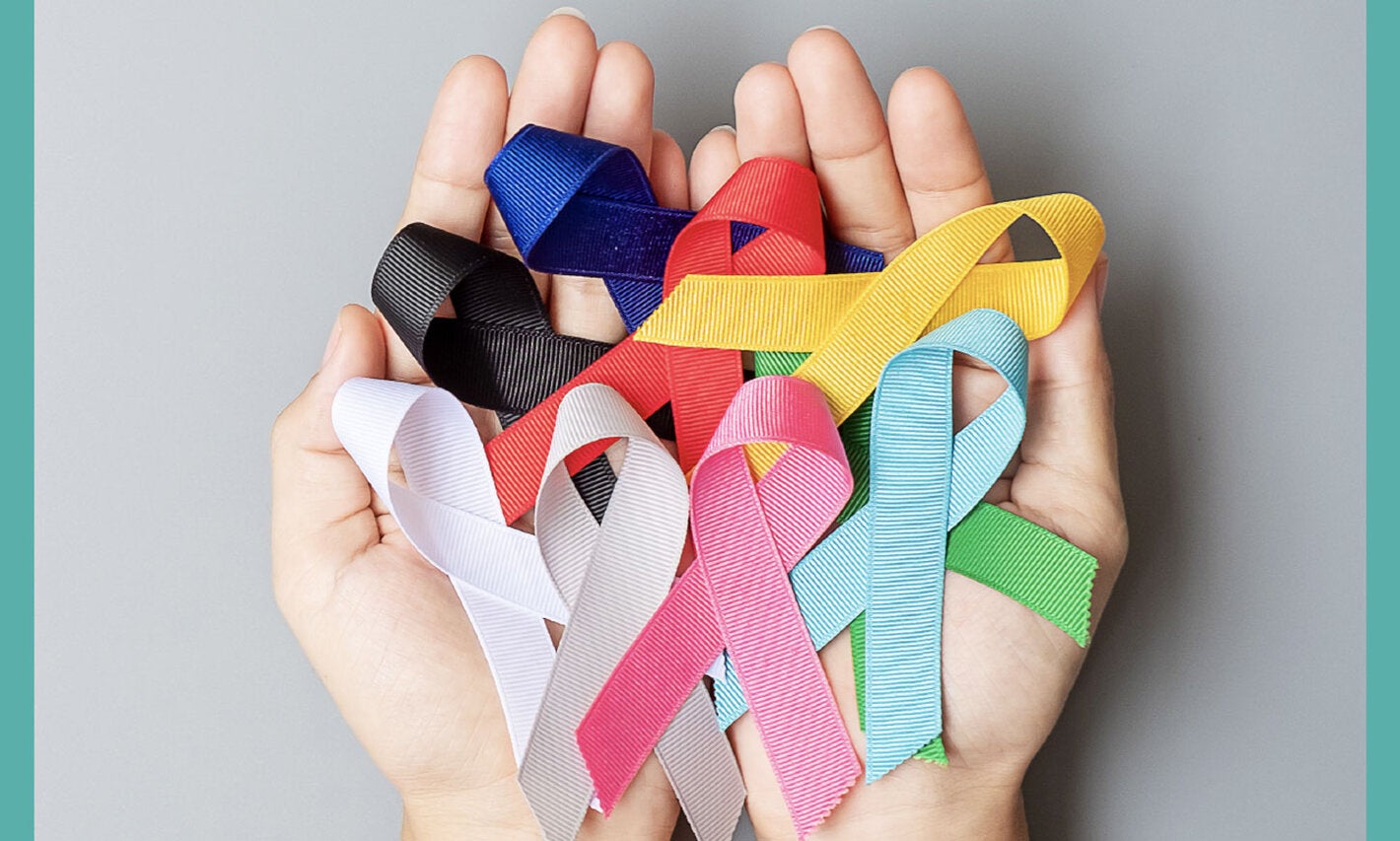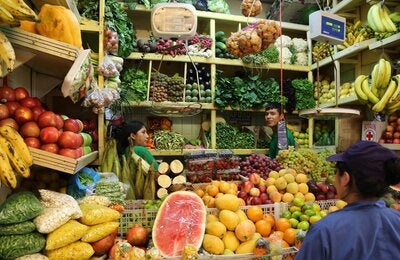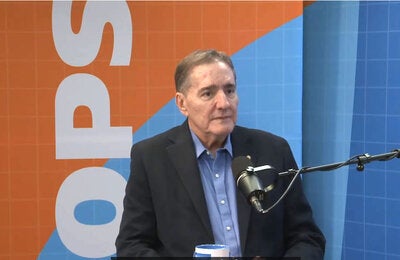
Lyon, France / Washington DC, 17 October 2023 – The Pan American Health Organization (PAHO) and the International Agency for Research on Cancer (IARC) today launched the first edition of the Latin America and the Caribbean Code Against Cancer. The new Code, which forms part of the World Code Against Cancer, aims to help reduce the burden of cancer in the region by providing recommendations based on the most recent scientific evidence.
The Code was launched throughout the region at a virtual event organized by PAHO and IARC. It will also be presented to global health and cancer leaders during a plenary session at the Union for International Cancer Control (UICC) World Cancer Leaders’ Summit in Long Beach, California.
The development of this Code represents a collaborative effort between PAHO and IARC, working with a large group of scientific experts from the region, to review the evidence and make recommendations on how best to prevent cancer. The Latin American and Caribbean Society of Medical Oncology (SLACOM), the Association of Ibero-American Leagues Against Cancer (ALICC), the Healthy Caribbean Coalition, and amigo_h are civil society organizations, that are collaborating with the lead agencies on the dissemination of the code within the region.
“The Code is particularly relevant for primary health care providers, who are the first point of contact with the health system,” PAHO Director, Dr. Barbosa noted. “It is our hope that, through this Code, we can collectively influence positive changes in health policies and behaviors, in our efforts to prevent cancer.”
The Code describes actions and interventions that are proven to lower cancer-related incidence and mortality, including policies on preventing tobacco use and reducing alcohol consumption; limiting exposure to carcinogens, such as air pollution; preventing and/or treating infections related to cancer; and promoting medical interventions and screening. The Code also includes recommendations for policymakers and governments on creating enabling environments that support the uptake and implementation of the guidance outlined in the Code. The recommendations are aligned with the WHO cost-effective interventions for noncommunicable diseases, known as the ‘Best Buys’ as well as the cancer prevention strategies promoted by PAHO.
"Almost 1.4 million new cases of cancer occurred in Latin America and the Caribbean in 2020, and more than 700,000 people died of cancer in the region that year,” Dr Carolina Espina, IARC scientist and project lead, said. “This is expected to increase by almost two-thirds to 2.3 million cases, and by more than three-quarters to 1.25 million deaths, per year by 2040. The Latin America and the Caribbean Code Against Cancer, which was developed to target the needs of this region, is a powerful evidence-based cancer prevention tool to help individuals and policymakers address, and perhaps reverse, these trends.”
The recommendations in the Code were developed by more than 60 experts from Latin America and the Caribbean, tailored to the epidemiological, socio-economic, and cultural context of the region, with guidance from IARC and PAHO. The Code will be complemented with a user-friendly and comprehensive online competency-based learning programme for primary health care professionals, soon to be available free of charge on the PAHO Virtual Campus for Public Health.
The Code includes a series of 17 recommendations uniquely adapted to the socio-economic and cultural context of Latin America and the Caribbean.
A World Code Against Cancer
The Latin America and the Caribbean Code Against Cancer, 1st edition, is the first Regional Code published under IARC’s World Code Against Cancer Framework, developed following the model of the European Code Against Cancer, 4th edition. It is available in Spanish, English, and Portuguese on dedicated websites published by IARC and PAHO. The scientific journal Cancer Epidemiology published a Special Issue including 8 related peer-reviewed publications to mark the launch.
“The World Code Against Cancer Framework is a landmark IARC-led initiative that provides a standard strategy and methodology to develop Regional Codes Against Cancer to promote cancer prevention globally,” IARC Director, Dr Elisabete Weiderpass, said. “The Framework has guided the experts involved in the development of the Latin America and the Caribbean Code Against Cancer to efficiently assess and review the latest evidence, using local data when available; to shape the most suitable communication methods to provide authoritative, clear, and up-to-date recommendations on cancer prevention; and to set priorities for the needs of the region.”
“The global launch of the Latin American Code Against Cancer is probably the most important cancer control activity that has occurred in the region in recent years. This prevention tool is essential to try to reduce the relentless increase in cancer cases in almost all of our countries and is a clear and forceful message for our healthy populations and their families, cancer patients, and survivors. It is also a guide for decision-makers and health systems on how to increase and make preventive actions more effective.” (Dr. Eduardo Cazap, President of SLACOM).
“The primary objectives of this project are to disseminate reliable information for cancer prevention, a critical public health concern, to as wide an audience as possible. These goals align with our mission, which includes a commitment to support actions related to the early detection of the disease and advancing research in this field. We are deeply honored to be part of this project alongside such esteemed entities. This initiative addresses a cause that affects us all.” (Ida Sztamfater, President of amigo h).
For more information, please contact
PAHO media team at mediateam@paho.org
Nicholas O’Connor, Communications Team, at oconnorn@iarc.who.int or IARC Communications, at com@iarc.who.int
The International Agency for Research on Cancer (IARC) is part of the World Health Organization. Its mission is to coordinate and conduct research on the causes of human cancer, the mechanisms of carcinogenesis, and to develop scientific strategies for cancer control. The Agency is involved in both epidemiological and laboratory research and disseminates scientific information through publications, meetings, courses, and fellowships. If you wish your name to be removed from our press release emailing list, please write to com@iarc.who.int.
The Pan American Health Organization (PAHO) works with the countries of the Americas to improve the health and quality of life of its population. Founded in 1902, it is the world’s oldest international public health agency. It serves as the Regional Office of WHO for the Americas and is the specialized health agency of the Inter-American system. www.paho.org



